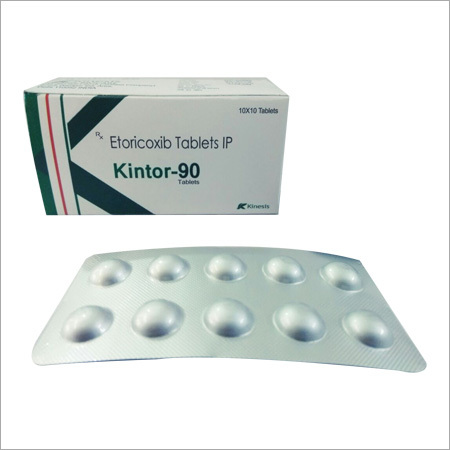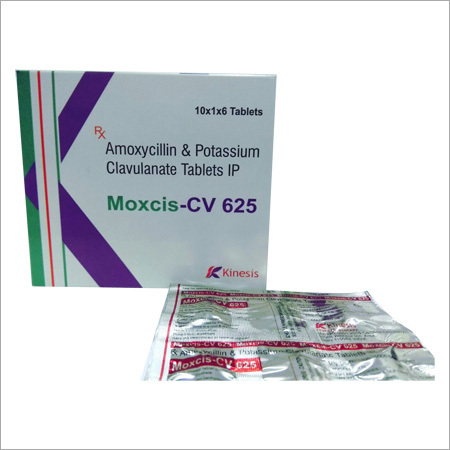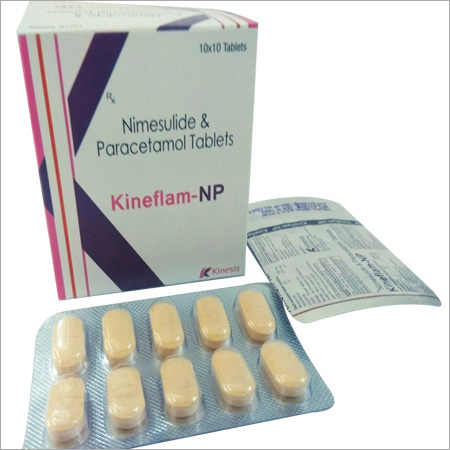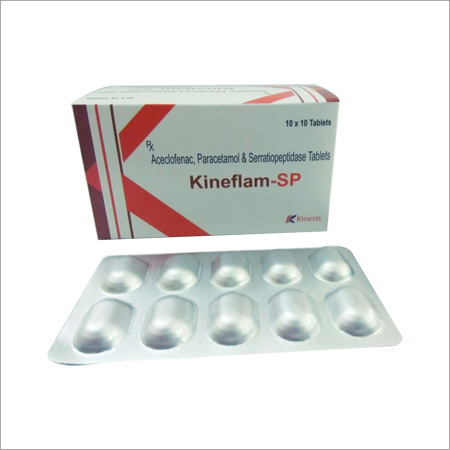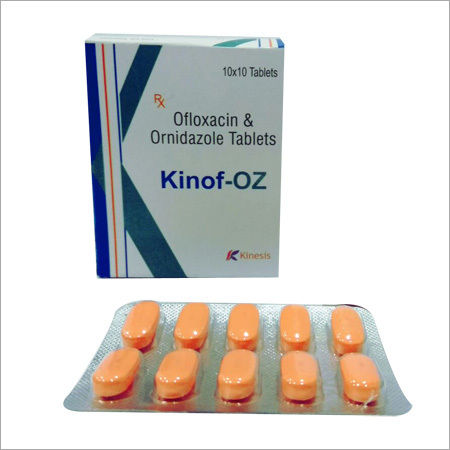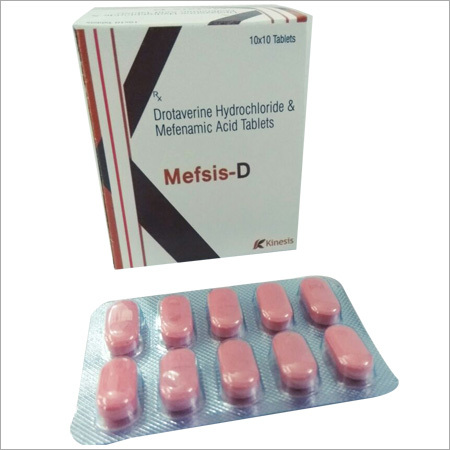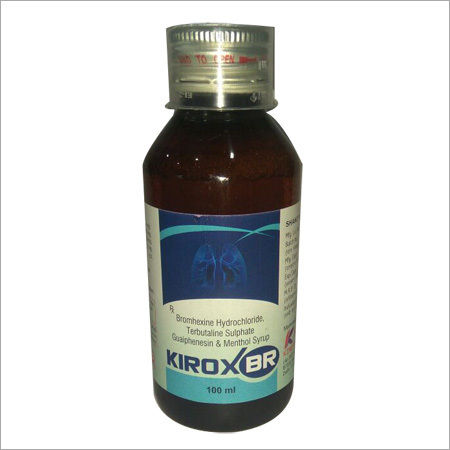Welcome !
Find all kinds of Pharmaceutical Capsules, Pharmaceutical Syrup, Pharmaceutical Injections, PCD Pharma Franchise and much more.
Most Popular Products
|
About Us
It goes without saying that diagnosis, cure, or prevention of any illness is impossible without the use of medicines. The approach behind medicine can vary, it can be traditional medicine, functional medicine or modern medicine. Everybody at some point of time in their lives have got to take medicines. With the shift of lifestyle of people and weakening immune systems, the role of medicines has increased tremendously. Kinesis Biocare is giving access to healthcare professionals and individuals to a range of Tablets & Pharmaceutical Capsules, Pharmaceutical Syrup, Pharmaceutical Injections, Powder, Sachets and Paediatrics; since 2017.
It goes without saying that diagnosis, cure, or prevention of any illness is impossible without the use of medicines. The approach behind medicine can vary, it can be traditional medicine, functional medicine or modern medicine. Everybody at some point of time in their lives have got to take medicines. With the shift of lifestyle of people and weakening immune systems, the role of medicines has increased tremendously. Kinesis Biocare is giving access to healthcare professionals and individuals to a range of Tablets & Pharmaceutical Capsules, Pharmaceutical Syrup, Pharmaceutical Injections, Powder, Sachets and Paediatrics; since 2017.
If the healthcare professionals don't have the access of right pharmaceutical products, they won't be able to improve the health condition of the patients. This is why our ISO 9001:2015 and GMP certified global pharmaceutical company is manufacturing and marketing a number of pharmaceutical products. Our company, working as manufacturer & supplier is capable of bringing forth latest formulations and always remain one step ahead. Customers can rely on us for solutions in several therapeutic segments, such as Anticold & Antiallergic, Antipsychotic, Analgesics, Antibiotic & Anti-Infective Drugs. Our portfolio of pharmaceutical products also comprises Anti Ulcerant, Gastro, Antiemetic, Hormones, Haematirics, Neurology Supplements and Nutritional Supplements.
Our Brand
Mr Harshit Goel having a great experience in pharmaceutical field handled a team that produces and markets pharmaceutical products under brand name "Kinesis Biocare".
Our Focus
We are focused on targeting the Indian specialty segments as well as opening new markets worldwide to achieve a niche in global pharmaceutical arena. In this drive, we are establishing our brand in different markets.
Our Journey
In a single year of establishment, our business excelled with the following numbers:
Business Opportunity
Kinesis Biocare is Ambala Cantt, Haryana (India) based pharma company that provides PCD Pharma Franchise and Pharma Franchise in many Indian states and cities. All pharmaceutical products we produce are trusted for consumption, effectiveness and long-term results. The satisfaction from our offered health solutions to professionals and patients is what we aim to achieve. Their compositions, effectiveness and prices have been carefully decided upon. We are capable of offering these tamper proof packaged products in desired quantities. Companies looking for PCD Pharma Franchise in any of the following Indian regions, can contact us:
Third party Manufacturing Services
We along with producing our own commercial range, contract manufacture capsules and tablets. We even license to sell, market and distribute our dossiers. Kinesis Biocare as a Contract Manufacturing Pharmaceutical Company offers comprehensive services under the assistance of customers. In the production process, we employ automated production process, latest equipments and GMP quality assurance procedures for achieving the desired product performance. We are capable of manufacturing an extensive range of brand pharmaceutical formulation products in all forms. High quality and reasonable prices are guaranteed with our modern production line and GMP standards.
We welcome agents, importers and distributors for introducing our pharmaceutical products in their markets. We are flexible in trade terms and believe in giving every customer a personal attention.
Our Brand
Mr Harshit Goel having a great experience in pharmaceutical field handled a team that produces and markets pharmaceutical products under brand name "Kinesis Biocare".
Our Focus
We are focused on targeting the Indian specialty segments as well as opening new markets worldwide to achieve a niche in global pharmaceutical arena. In this drive, we are establishing our brand in different markets.
|
|
Our Journey
In a single year of establishment, our business excelled with the following numbers:
- 100% Timely Delivery
- 300+ Products
- 500+ DCGI Approved Modules
- 800+ Business Associates
Business Opportunity
Kinesis Biocare is Ambala Cantt, Haryana (India) based pharma company that provides PCD Pharma Franchise and Pharma Franchise in many Indian states and cities. All pharmaceutical products we produce are trusted for consumption, effectiveness and long-term results. The satisfaction from our offered health solutions to professionals and patients is what we aim to achieve. Their compositions, effectiveness and prices have been carefully decided upon. We are capable of offering these tamper proof packaged products in desired quantities. Companies looking for PCD Pharma Franchise in any of the following Indian regions, can contact us:
Third party Manufacturing Services
We along with producing our own commercial range, contract manufacture capsules and tablets. We even license to sell, market and distribute our dossiers. Kinesis Biocare as a Contract Manufacturing Pharmaceutical Company offers comprehensive services under the assistance of customers. In the production process, we employ automated production process, latest equipments and GMP quality assurance procedures for achieving the desired product performance. We are capable of manufacturing an extensive range of brand pharmaceutical formulation products in all forms. High quality and reasonable prices are guaranteed with our modern production line and GMP standards.
We welcome agents, importers and distributors for introducing our pharmaceutical products in their markets. We are flexible in trade terms and believe in giving every customer a personal attention.
 |
KINESIS BIOCARE
All Rights Reserved.(Terms of Use) Developed and Managed by Infocom Network Private Limited. |







